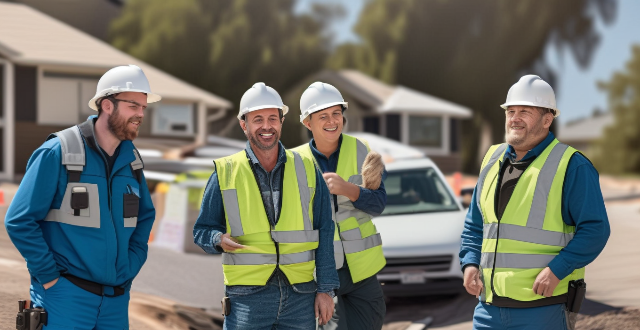Children should be aware of various safety hazards to ensure their well-being, including stranger danger, traffic rules, water safety, fire safety measures, electrical safety, choking hazards, falls and injuries, poisonous substances, internet safety, and natural disasters. They should know how to identify potential threats and take appropriate precautions to prevent accidents or injuries.

Common Safety Hazards for Children
Children should be aware of various safety hazards to ensure their well-being. Here are some common safety hazards that children should be aware of:
1. Stranger Danger
Children should be taught about stranger danger and how to identify potential threats. They should know not to talk to strangers or accept gifts from them.
2. Traffic Safety
Children should be aware of traffic rules and the importance of looking both ways before crossing the street. They should also know to wear helmets while riding bicycles or scooters.
3. Water Safety
Children should be taught about water safety, such as not swimming alone, avoiding diving into shallow water, and wearing life jackets while boating.
4. Fire Safety
Children should be aware of fire safety measures, such as not playing with matches or lighters, staying away from hot surfaces, and knowing how to call for help in case of a fire.
5. Electrical Safety
Children should be taught about electrical safety, such as not touching electrical cords or outlets with wet hands, not inserting objects into electrical appliances, and keeping away from power lines.
6. Choking Hazards
Children should be aware of choking hazards, such as not putting small objects in their mouths, cutting food into small pieces, and chewing food thoroughly before swallowing.
7. Falls and Injuries
Children should be taught about falls and injuries, such as not running on slippery floors, using handrails when going up or down stairs, and wearing protective gear while playing sports.
8. Poisonous Substances
Children should be aware of poisonous substances, such as keeping medicines and cleaning products out of reach, not consuming unknown substances, and seeking adult help if they come across any suspicious substances.
9. Internet Safety
Children should be taught about internet safety, such as not sharing personal information online, avoiding inappropriate content, and reporting any suspicious activities to adults.
10. Natural Disasters
Children should be aware of natural disasters, such as earthquakes, floods, hurricanes, and tornadoes, and know what to do in case of an emergency.